Are you tired of your epoxy resin projects turning yellow over time? Whether you’re crafting art, jewelry, or furniture, keeping your creations crystal clear matters.
In this guide, you’ll discover why epoxy yellows, what makes a resin truly UV resistant, and how Resiners’ epoxy resin stands out for lasting clarity.
Ready to keep your work looking its best? Read on to find the best UV resistant epoxy resin for your needs.
Why Does Epoxy Resin Turn Yellow?
Understanding why epoxy resin yellows over time is the first step to choosing the right product. The yellowing process is rooted in chemistry and exposure to UV light.
Chemical Bonds Vulnerable to UV Light
Epoxy resin contains complex polymers with aromatic rings and amine groups that are sensitive to UV light epoxy. When UV rays hit these bonds, they can break and form free radicals, which are unstable molecules that trigger further chemical reactions.
Oxidation and Yellowing
Free radicals formed by UV exposure react with oxygen, leading to oxidation. This process creates chromophores, molecules that absorb blue light and reflect yellow, resulting in visible yellowing. The more exposure your piece gets, the more chromophores form, and the more yellow it becomes.
Not All Epoxies Are Equal in UV Resistance
Not every epoxy resin is equally resistant to yellowing. Some epoxies use less stable base resins or lack advanced UV stabilizers, making them more prone to yellowing.
Brands like Resiners use advanced chemistry and UV defense to slow this process.
Also read: Best Epoxy Resin for DIY and Professional Projects
The Key to UV Resistance: How Epoxy Resins Fight Yellowing
To combat yellowing, epoxy manufacturers use a combination of additives and advanced chemistry. These are the main components that make an epoxy resin UV resistant.
UV Absorbers: Blocking Harmful Rays
UV absorbers act like sunscreen for resin, capturing UV rays and converting them into harmless heat before they can break chemical bonds. Effective UV absorbers protect across both the UVA and UVB spectrum.
Hindered Amine Light Stabilizers (HALS): Preventing Degradation
HALS do not block UV directly. Instead, they neutralize free radicals created by UV exposure, stopping the chain reaction before it leads to yellowing. HALS are valuable because they regenerate, offering ongoing protection.
Proper Formulation and Additive Concentration
Getting the right balance of additives is crucial for performance. Too little UV additive means poor protection, while too much can cause haziness or curing issues. The best UV resistant epoxy uses a precisely balanced blend, thoroughly integrated into the resin matrix for even, long-lasting protection.
Resiners' Formulation
Resiners uses a system of UV defense in their epoxy resin, combined with base chemistry that is less prone to yellowing. Every batch is tested to ensure quality.
What Makes an Epoxy Resin the Best for UV Resistance?
Choosing the best UV resistant epoxy involves more than just reading a label. Several key factors set top-performing resins apart from the rest.
Transparency and Clarity
A truly non-yellowing epoxy starts ultra-clear and stays that way. Resiners’ UV resistant epoxy is water-clear at the start and retains its brilliance for years, letting your colors, inclusions, and wood grain shine through.
Long-Term Non-Yellowing Performance
How an epoxy performs over time is what really matters. Resiners’ product is designed to maintain clarity and resist yellowing longer than standard epoxies.
Application Suitability
Resiners’ epoxy resin is suitable for a variety of applications including art, jewelry, and coatings. For thicker pours, always check manufacturer recommendations for maximum pour depth.
Why Choose Resiners for UV Resistant Epoxy Resin

Trusted by Artists and Crafters
Resiners has become a popular choice among artists, crafters, and DIY enthusiasts who want their projects to stay clear and beautiful over time.
The brand is dedicated to providing epoxy resin that maintains its crystal clarity and resists yellowing.
Advanced UV Resistant Formula
- Specially formulated to slow down the yellowing process caused by sunlight
- Uses advanced UV defense technology to protect your work
- Each batch is tested for clarity, strength, and safety
Easy and Safe to Use
- Self-leveling formula for a smooth, glass-like finish
- Low odor and BPA-free, making it suitable for indoor use
- Clear mixing instructions for reliable results every time
Consistent and Durable Results
- Designed for a variety of applications, including art, jewelry, and home décor
- Holds up well over time, even when exposed to light
- Trusted by both beginners and professionals for projects where clarity matters
Why Resiners Stands Out
- Focus on innovation and customer satisfaction
- Commitment to high-quality ingredients and manufacturing standards
- Positive reviews from users who value long-lasting, non-yellowing results
If you want your creations to remain brilliant and protected from the effects of sunlight, Resiners offers a UV resistant epoxy resin that is engineered for lasting clarity and durability.
Also read: Best Clear Epoxy Resin For Crafts: A Crystal Clear Result
Tips for Maximizing UV Resistance with Resiners Epoxy
Even the best epoxy benefits from proper use and care. Follow these tips to get the longest-lasting clarity from your UV resistant resin projects.
- Proper Mixing and Application: Measure and mix thoroughly, scraping sides and bottom. Use the two-cup method for best additive dispersion. Work at recommended temperatures for optimal curing.
- Minimizing Sunlight Exposure: Even the best UV resistant epoxy benefits from less direct sun. Use curtains or UV-filtering films indoors to reduce exposure.
- Curing Conditions: Allow full cure before exposure to sunlight. Maintain stable temperatures and avoid moisture during cure.
Common Misconceptions About UV Resistant Epoxy Resin
There are many myths about UV resistance and epoxy. Here are the facts behind the most common misconceptions.
"All clear epoxy is UV resistant."
- Most clear epoxies lack advanced UV stabilizers and will yellow quickly. Only true UV resistant epoxies, like those from Resiners, offer real protection.
"UV resin never yellows."
- UV resin cured by UV lamps is different from UV resistant epoxy. Many UV resins actually yellow faster than high-quality UV resistant epoxies.
"More UV additive is always better."
- Overloading with stabilizers can cause haziness or curing issues. Expert formulation is needed for optimal balance; more is not always better.
Also read: How Long Does Epoxy Resin Take to Dry: Epoxy Cure Time
Conclusion
Protecting your resin creations from yellowing is possible with the right knowledge and products.
For more information on UV resistant epoxy resins, helpful guides, and expert tips, visit Resiners for everything you need to keep your projects brilliantly clear.
Frequently Asked Questions About UV Resistant Epoxy Resin
How long will UV resistant epoxy stay clear?
With Resiners, you can expect several years of near-perfect clarity in indirect sunlight. In moderate direct sun, the resin will resist yellowing longer than standard epoxies. Proper care and limited UV exposure will help maximize its lifespan.
What is the difference between UV resin and UV resistant epoxy?
UV resin cures quickly under UV lamps and is best for thin layers or small projects. UV resistant epoxy is a two-part system designed for larger pieces and offers long-term protection against yellowing. It is generally more durable and suitable for a wider range of applications.
Can I add my own UV protectant to epoxy resin?
It is not recommended to add your own UV protectant, as the additives must be precisely blended for effectiveness. Improper mixing can cause haziness or curing issues in the resin. For best results, use a professionally formulated product like Resiners.
Do different pigments affect UV resistance?
Some pigments may fade or accelerate yellowing when exposed to UV light. Using only UV-stable pigments is recommended for the best long-term results. Always check pigment compatibility with your resin before starting a project.

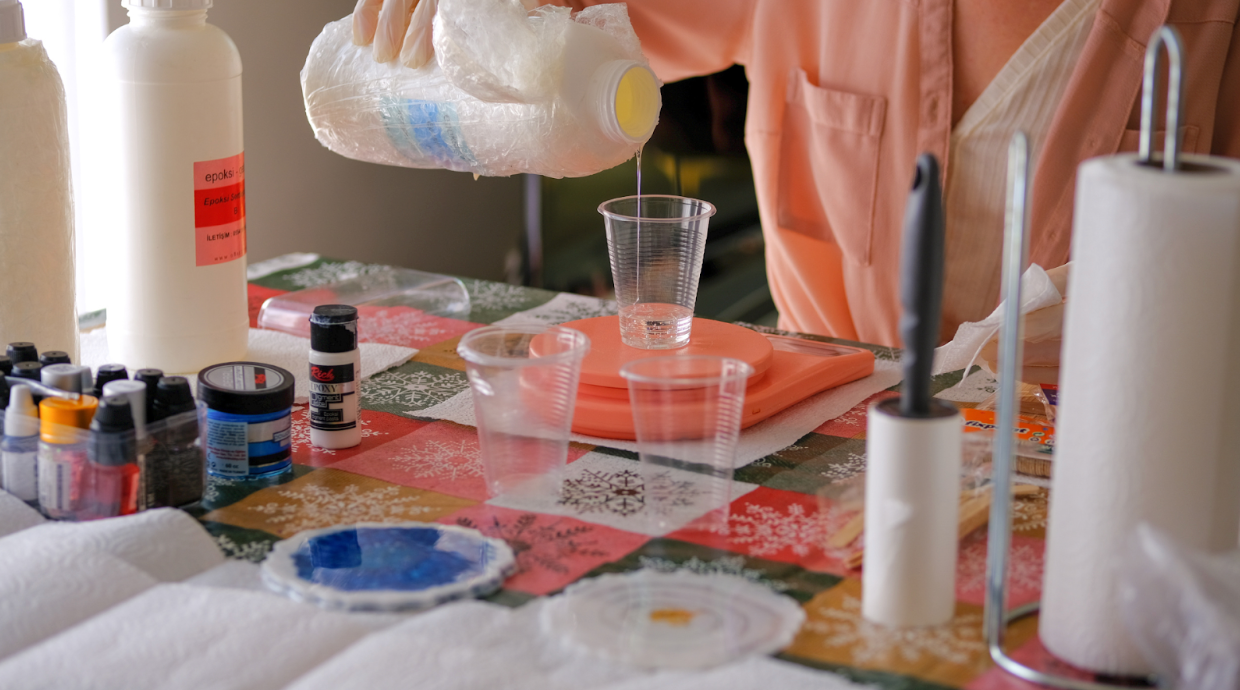
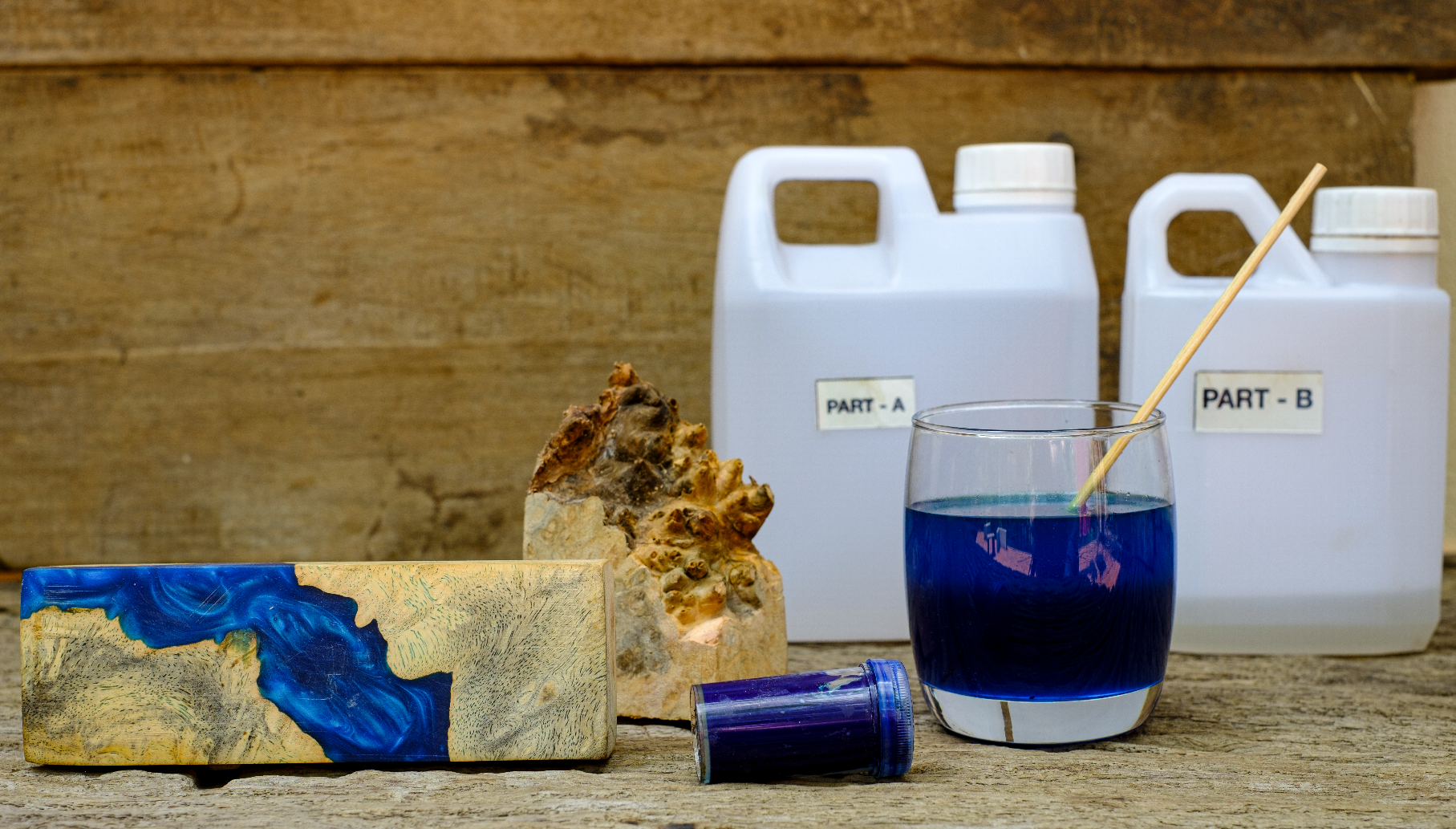
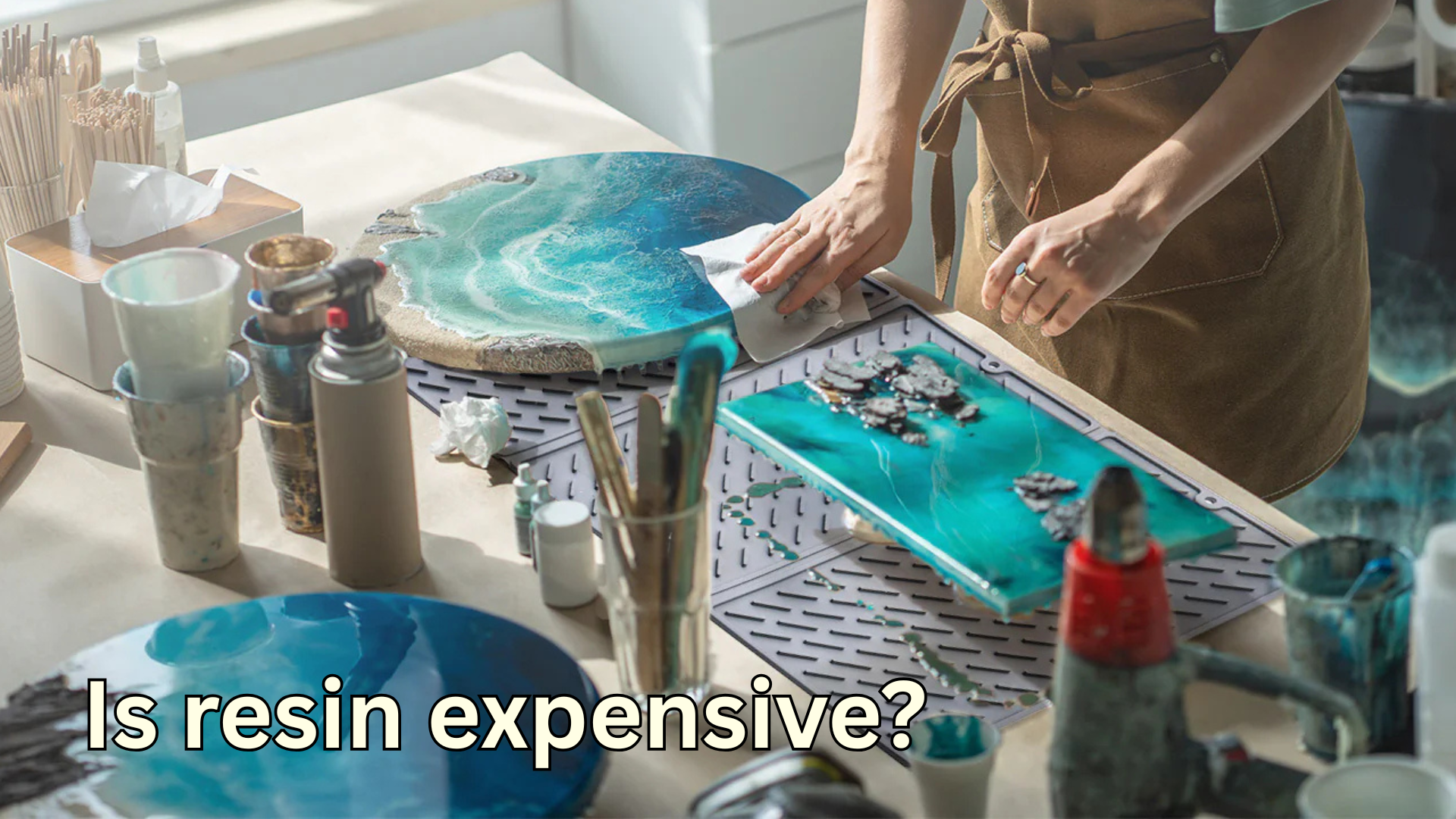
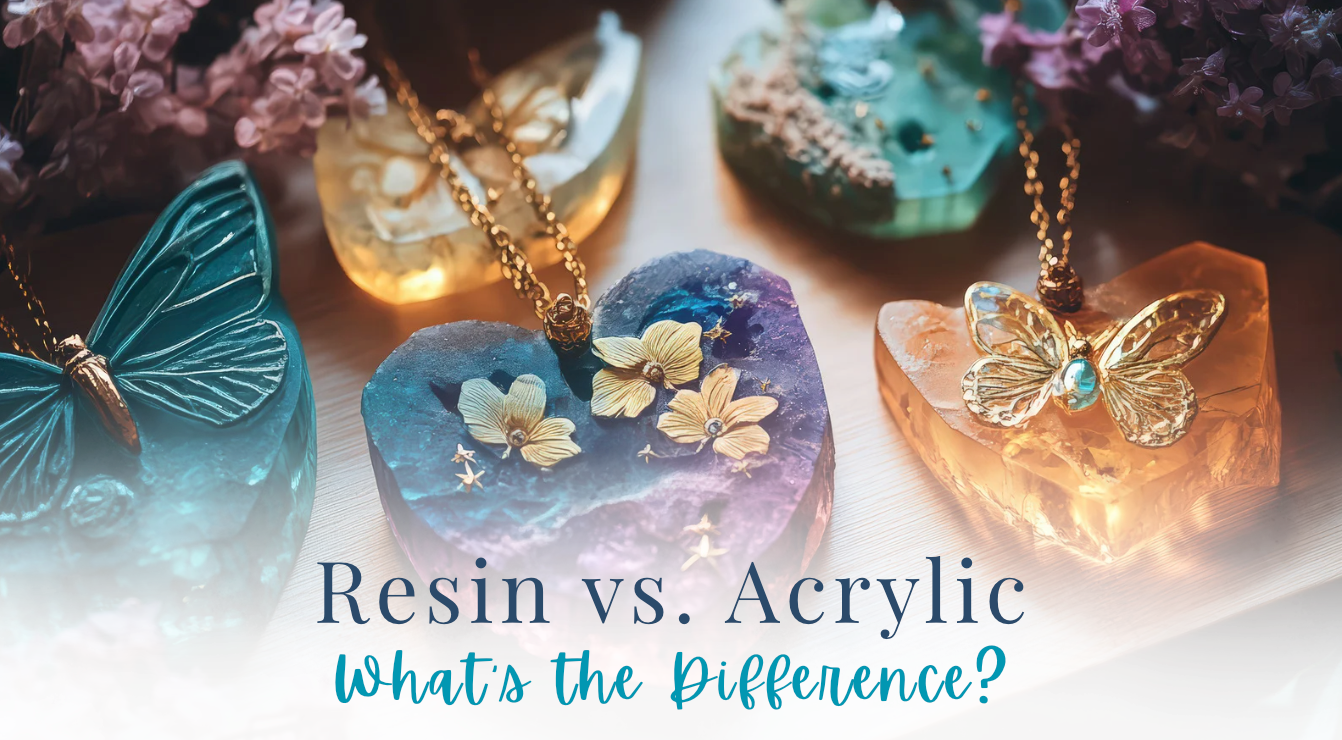
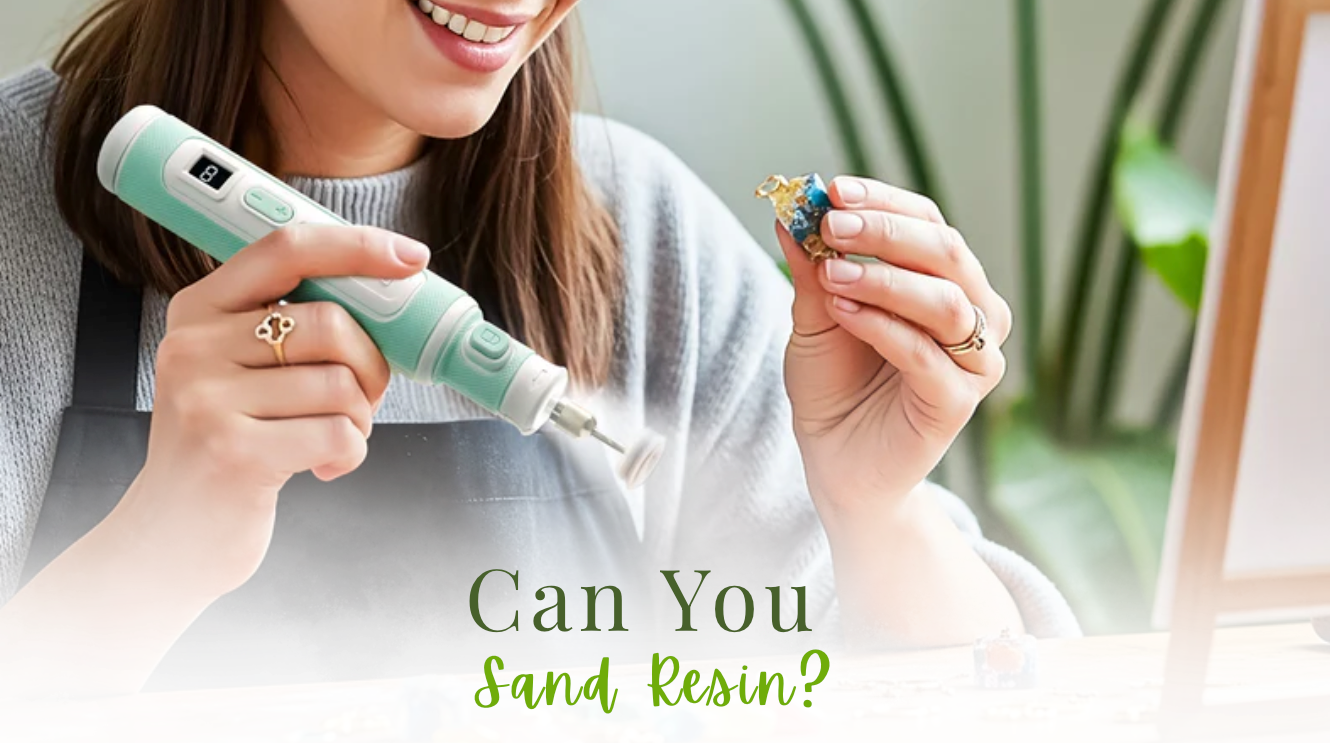
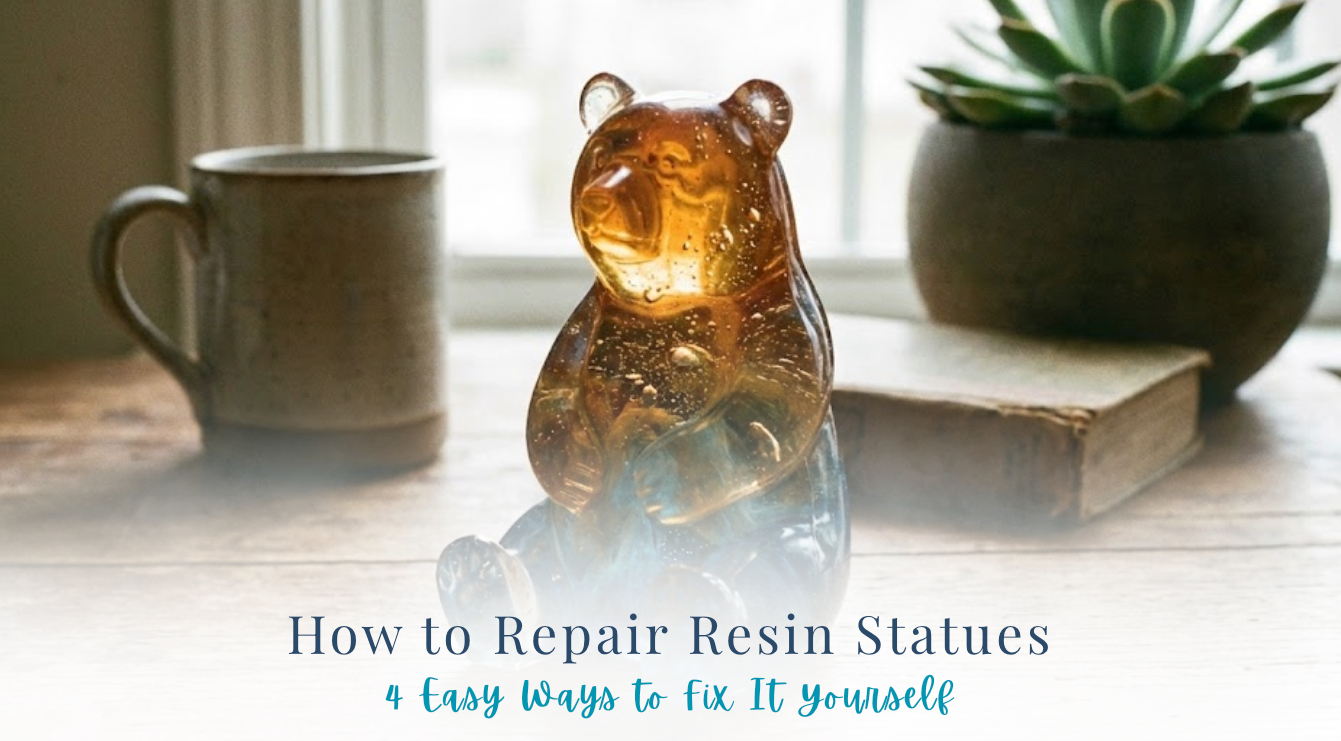

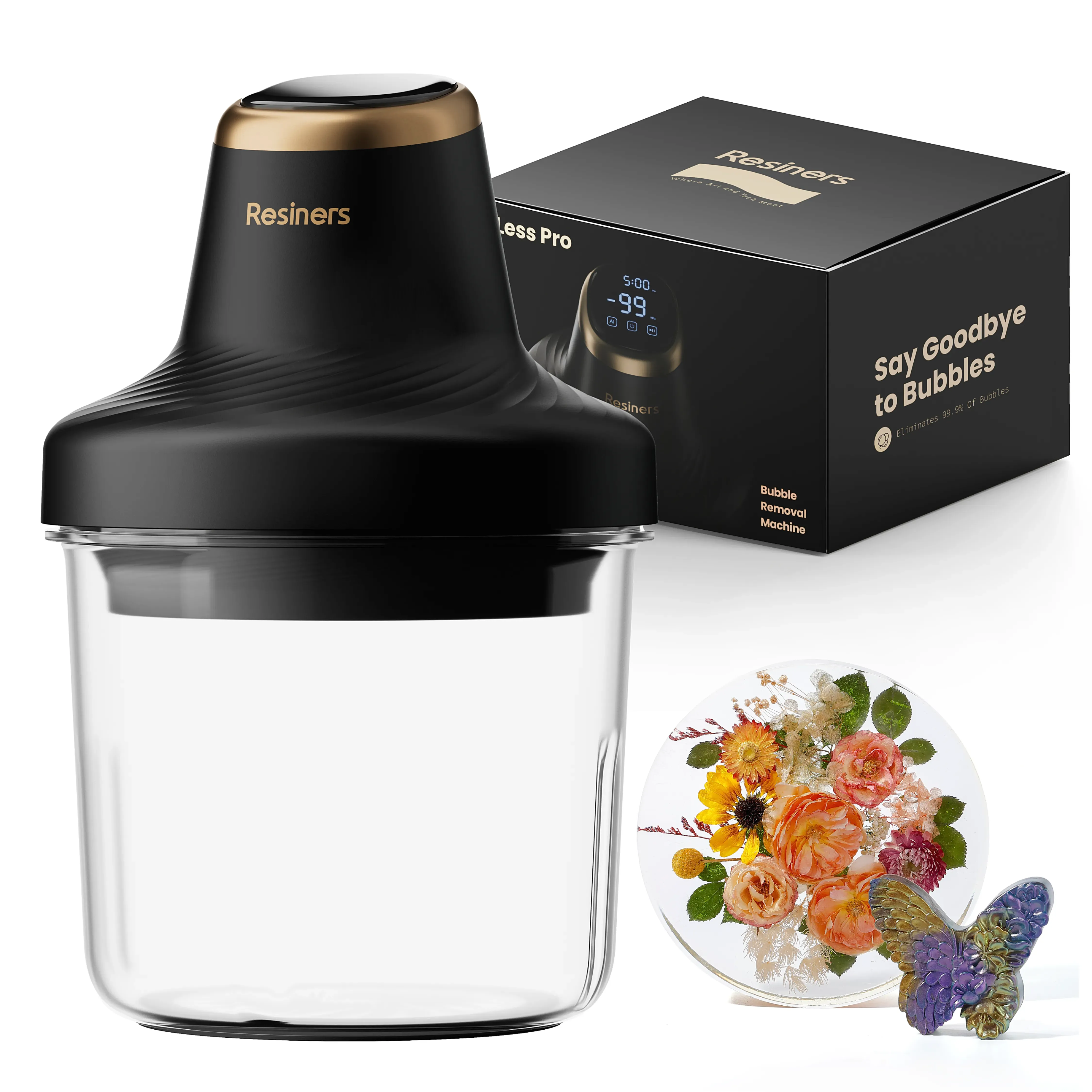
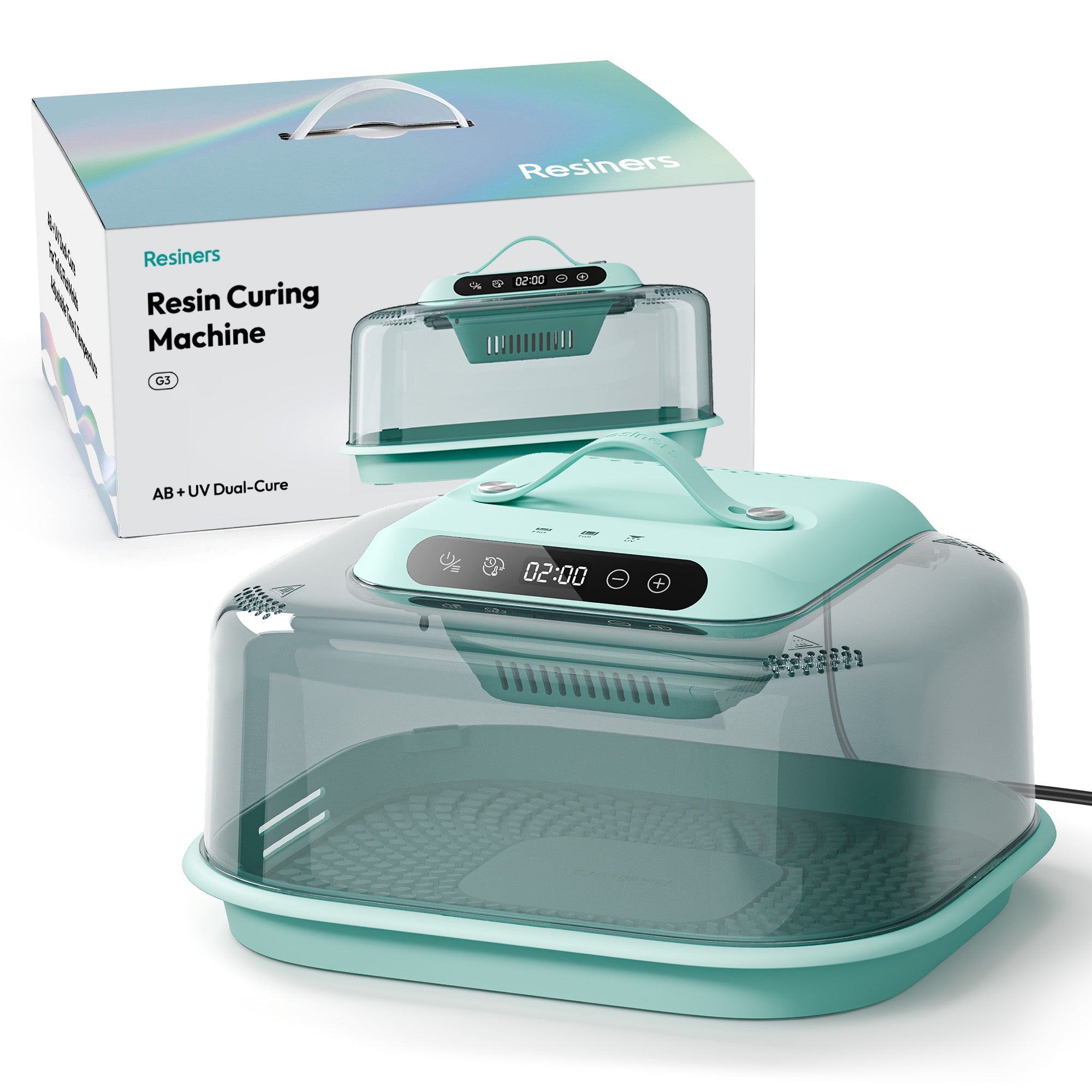
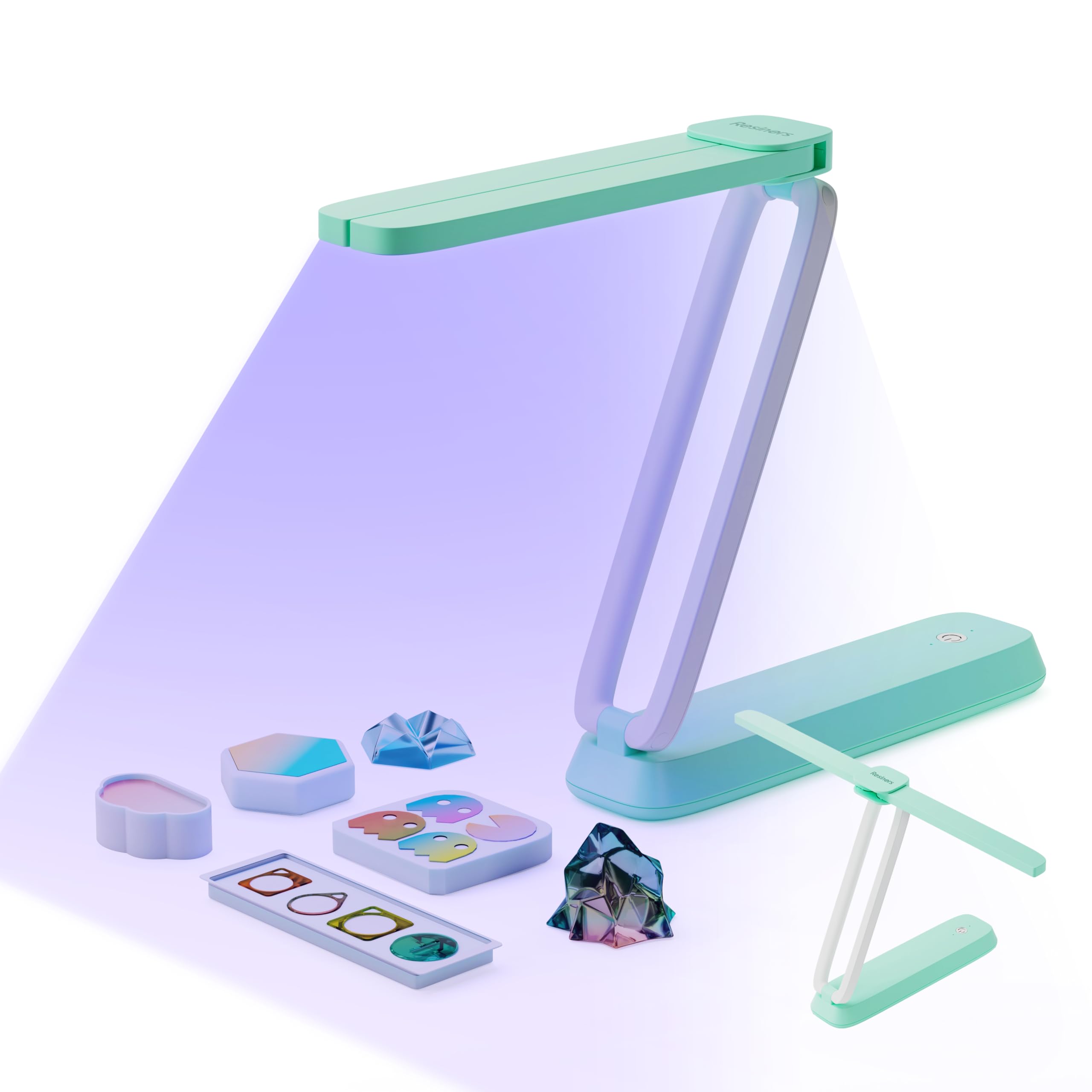
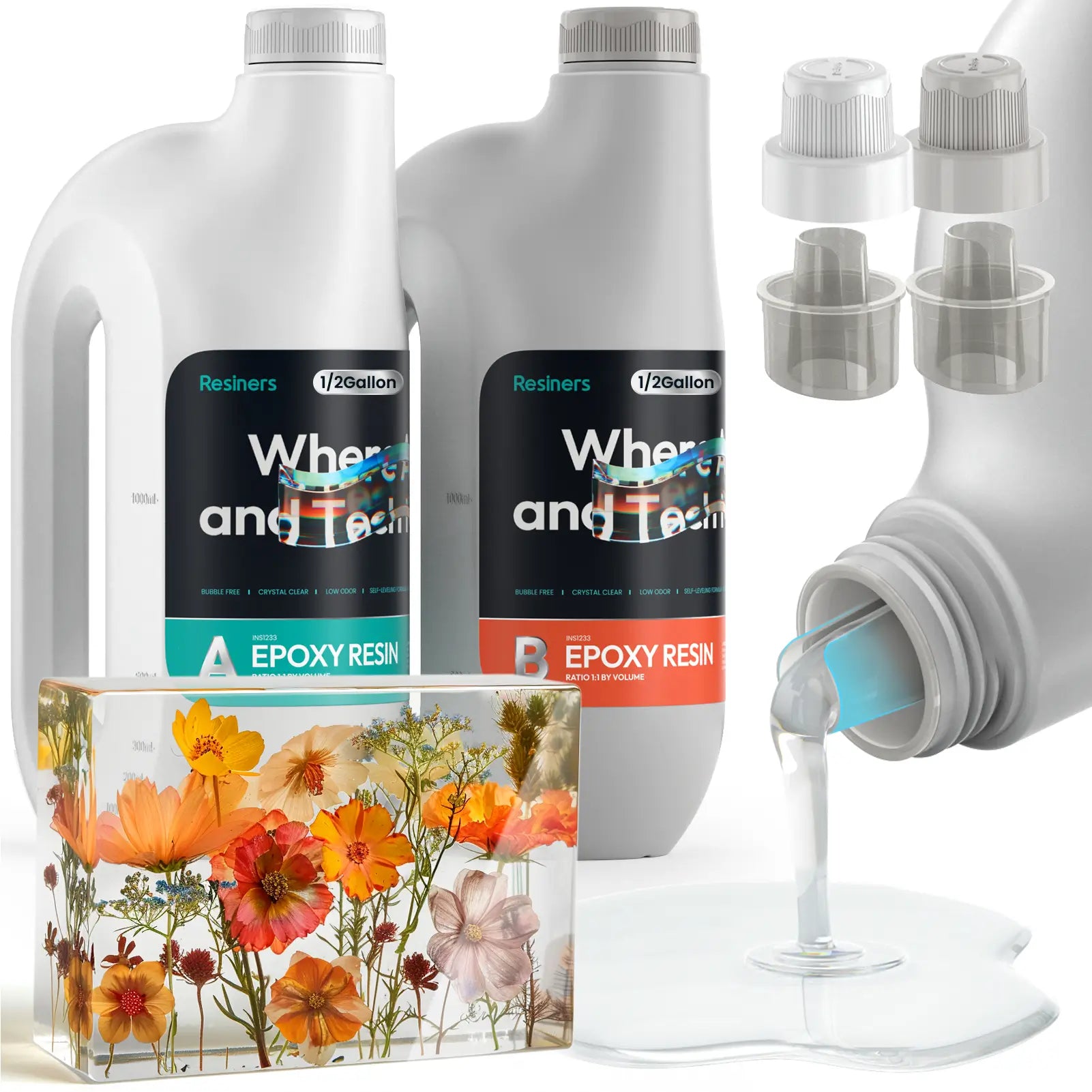
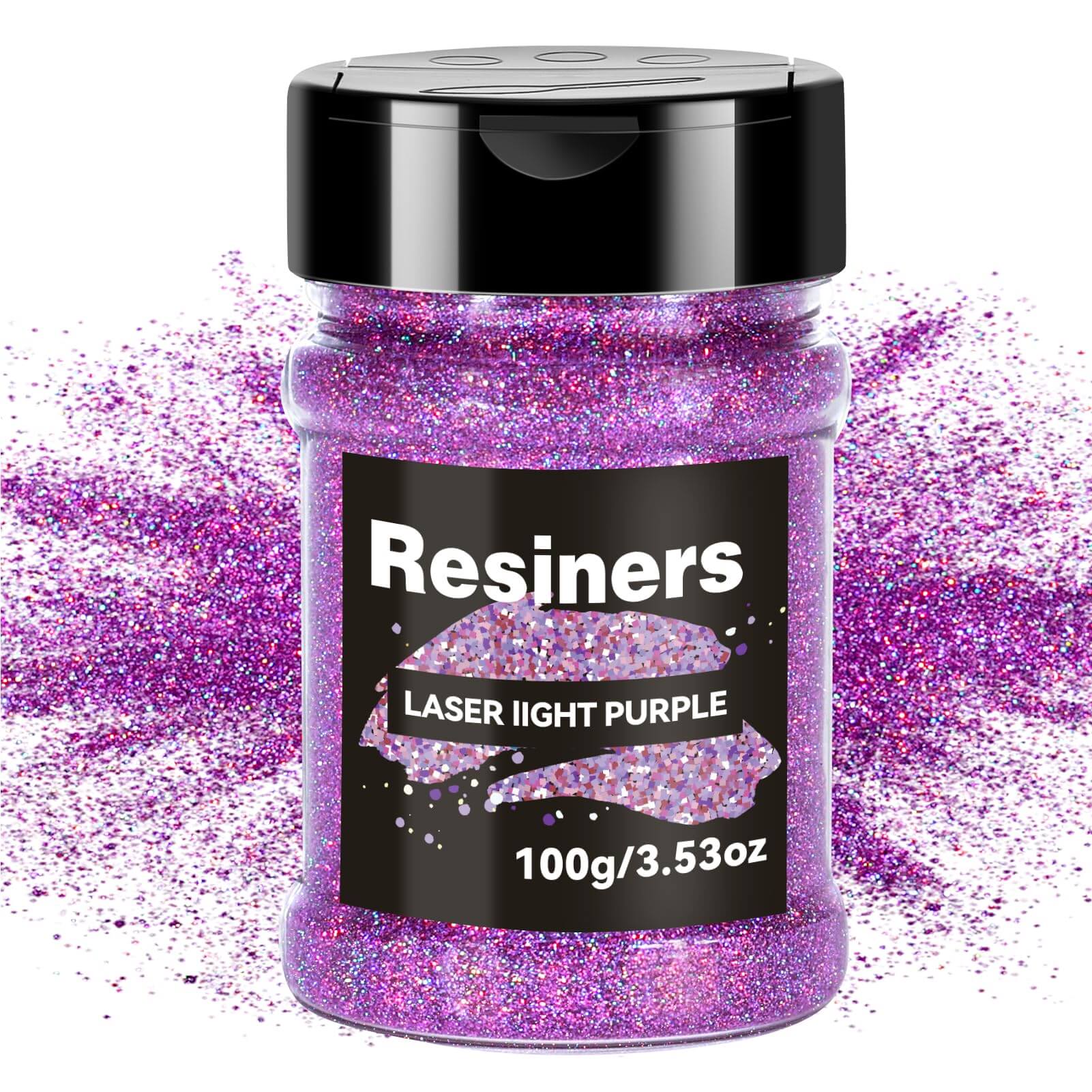
اترك تعليقًا
This site is protected by hCaptcha and the hCaptcha Privacy Policy and Terms of Service apply.